It was a strange day, weather wise, that day in June when I popped over to RNOH for their annual charity Buttercup day.
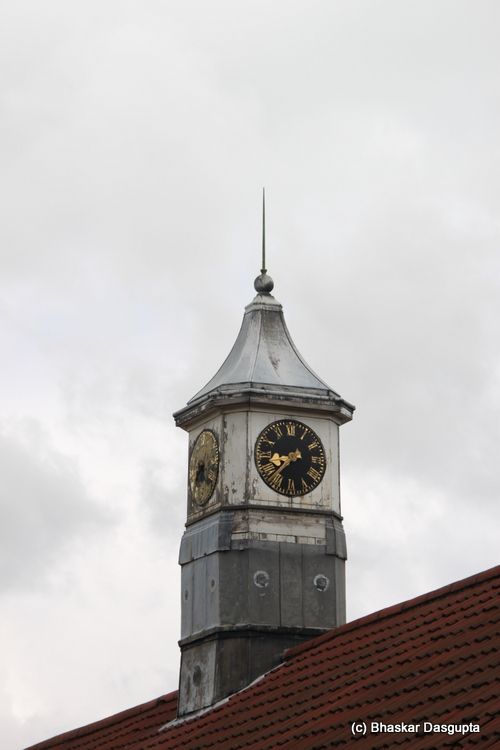
An old old old broken down clock on its own clock tower…

The grounds are full of lovely majestic old trees. This one obviously lost its head
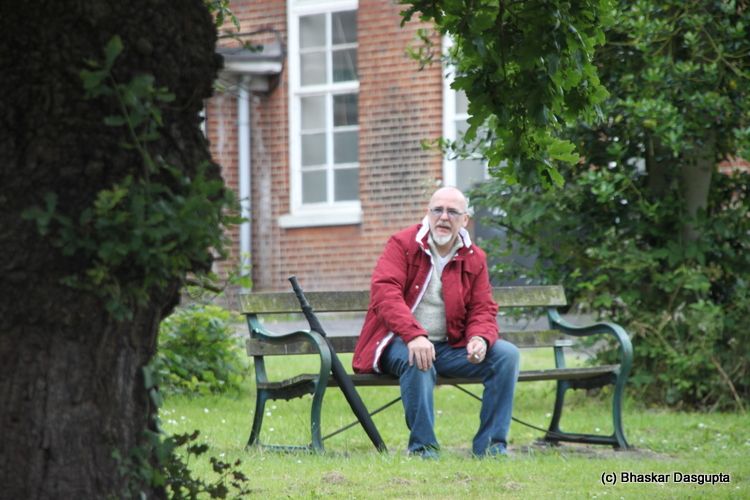
Somebody taking it easy before the race starts
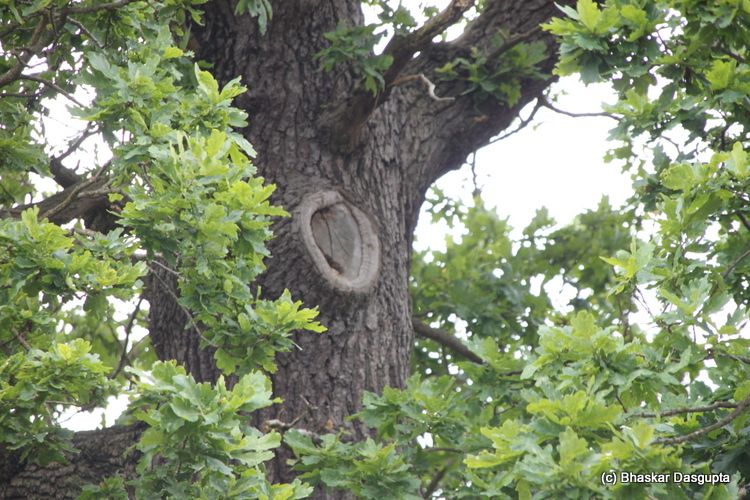

Old gnarled trees

I reached the top and saw this banner stretching out across the road. The walk is from one end of the hospital to the other and back. About 1 mile in total.

A member of the radio Brockley team

People started collecting around in the start finish line
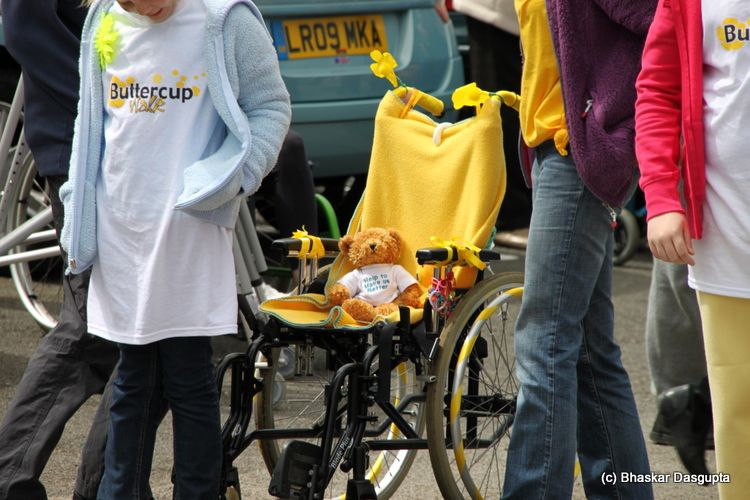
Even teddies got into the act.
Some of the very brave adults and children and their carers all who came up to support this very worthwhile charity

Smiling at something
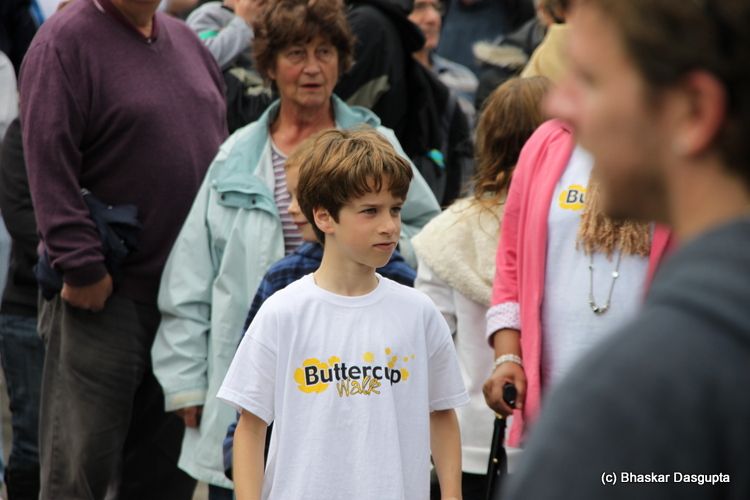
You can almost see the determination on the face

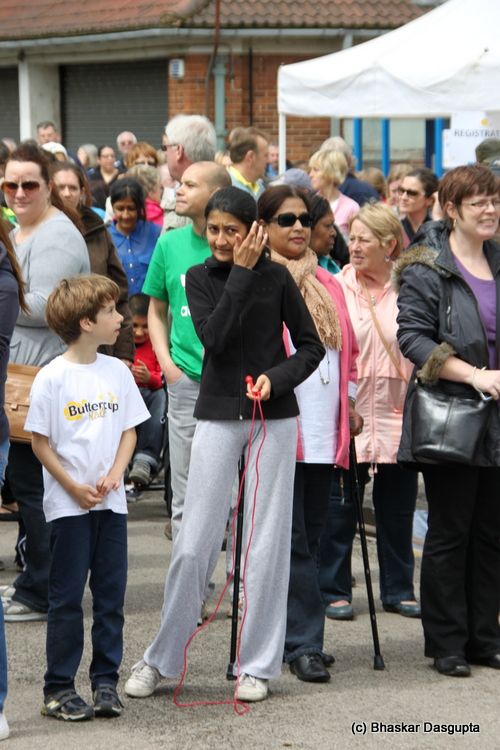
I don't care if I need walking sticks, but walk a mile I will.
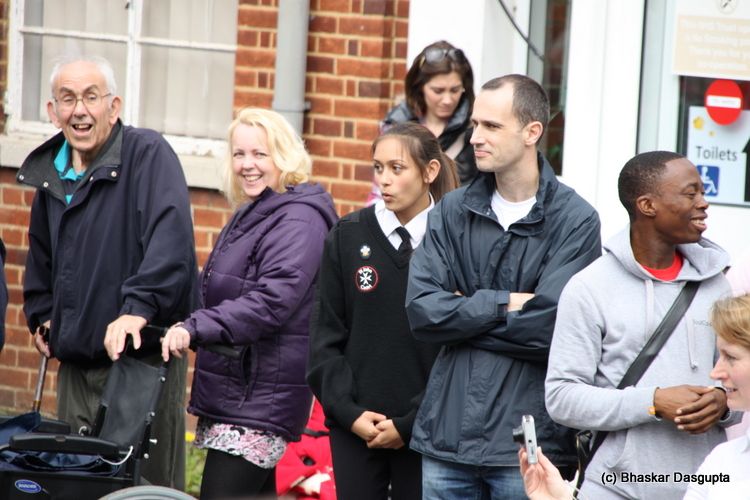
The little girl in the middle, she is from St. John’s Ambulance. there was a celebrity there to help wave off the walk and these two girls were going nuts about him.

With face painted.

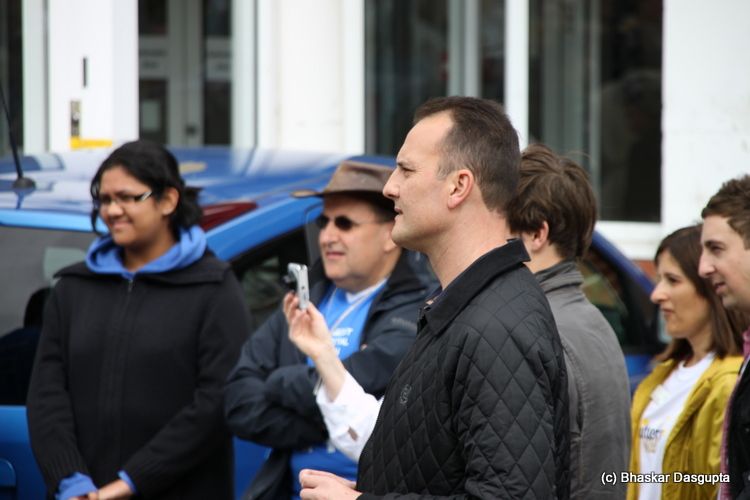
Loads of people clicking away.

Its very very near starting time…


This is the celebrity. To my eternal shame, I have no clue who he is
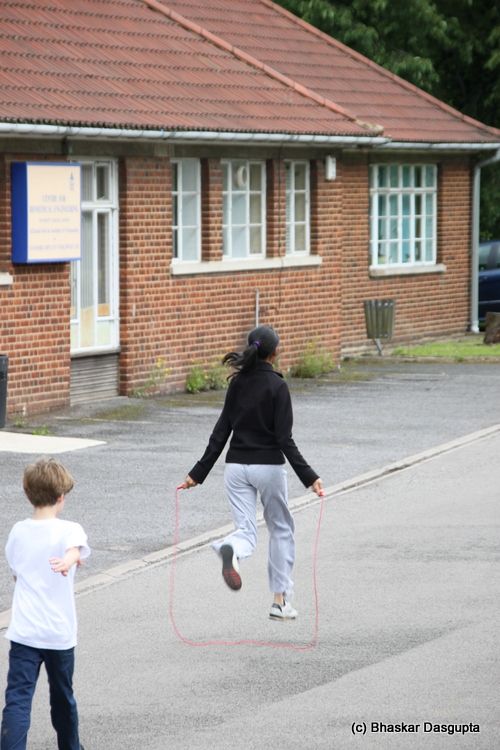
And we are off, this girl was skipping to the end

While I was on my wheelchair, and face painted!

And with my walking sticks.
Now for some faces in the crowd.


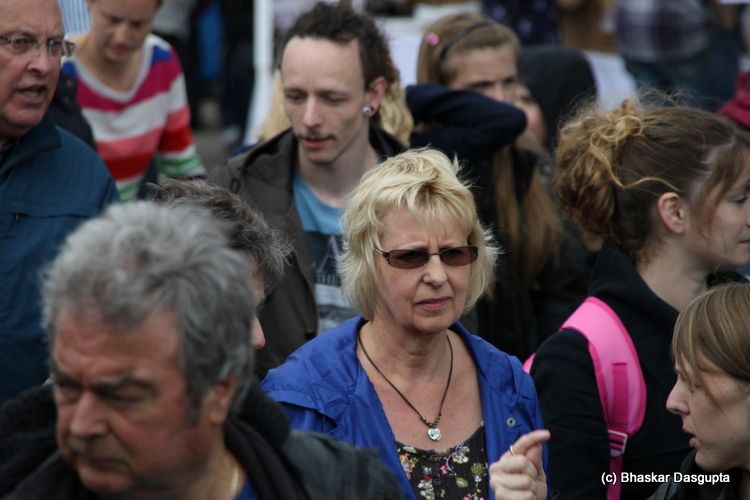

But the weather turned and the rain started to come down.
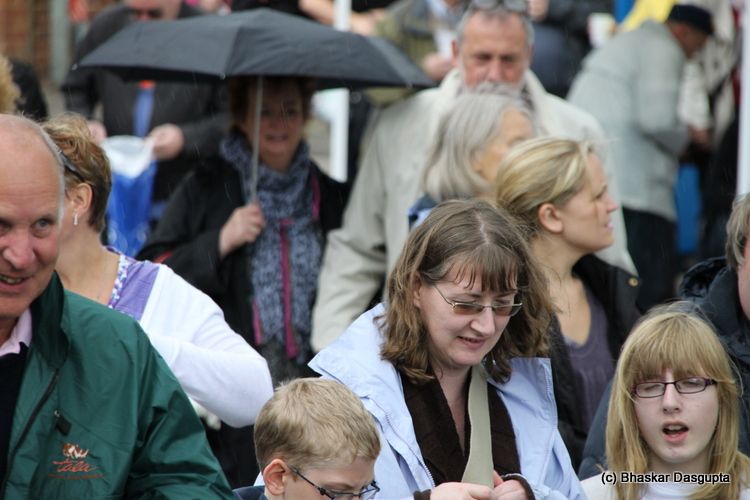


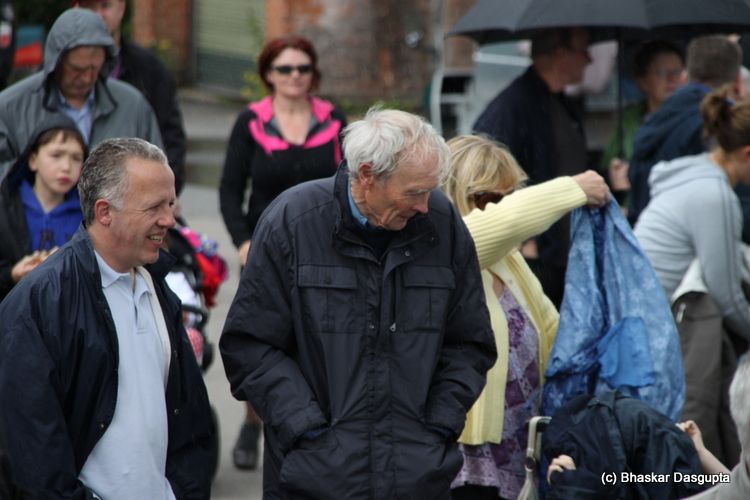

The brollies and jackets started to come on as the rain started to come down.

But Mamma, I dont want to get out of the rain, I want to go for the walk…


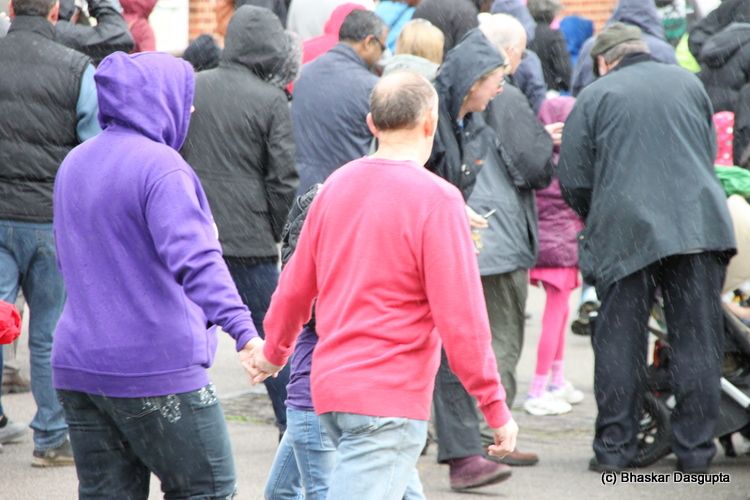

But I wont let a little rain stop me, I will wear my jacket, I will hold hands. But I was again humbled by the sheer courage of the various patients who, despite their infirmities and disabilities and illnesses and challenges and the disgusting weather, had shining eager motivated faces. What an amazing display of courage. Hats off to you.
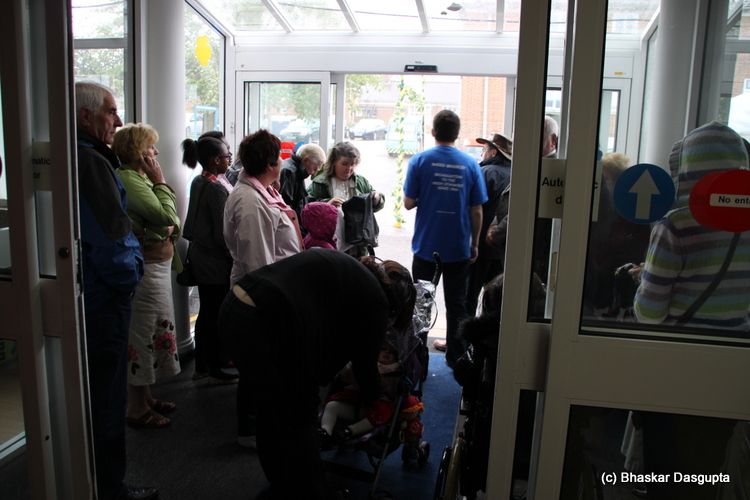
I went and took refuge inside a ward
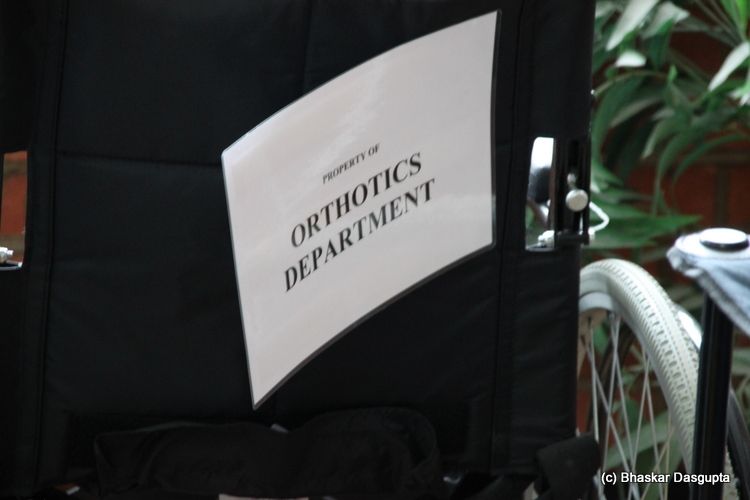
Orthotics Department..
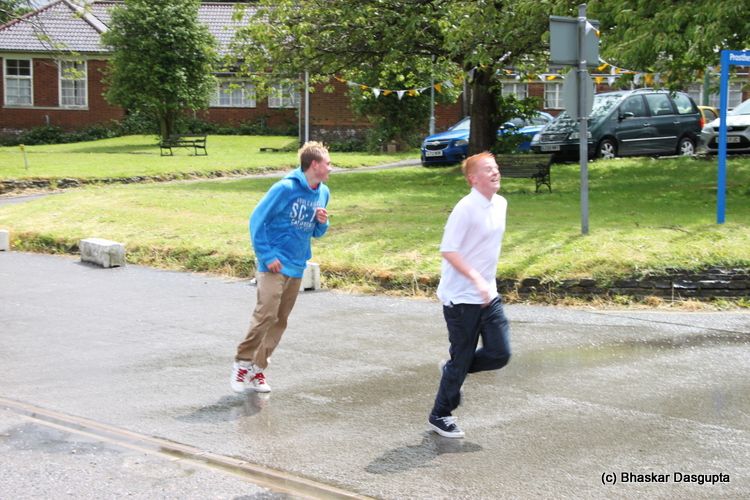
The first returnees..

I have no idea why there is a barbie doll here…

Some pallets
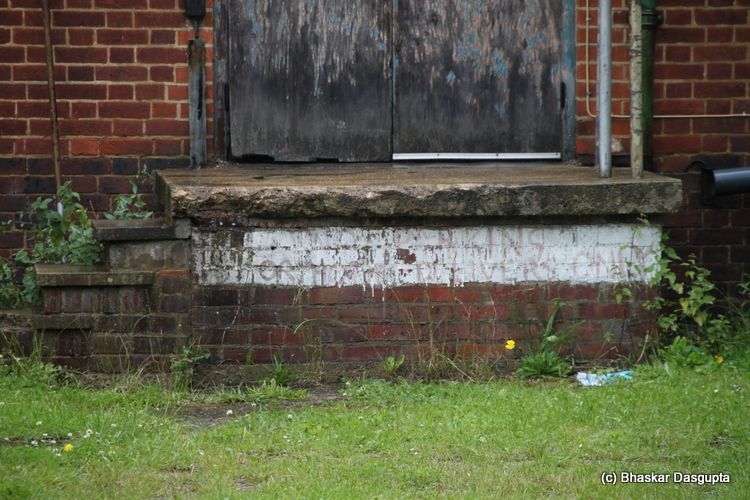
An old entrance to some storage site

Then as the race was over, we all made our way to the fun place, and passed this posh loo

A Bus Fund got this? But enough of all this, I noticed a cake stand..and made a bee line for it…









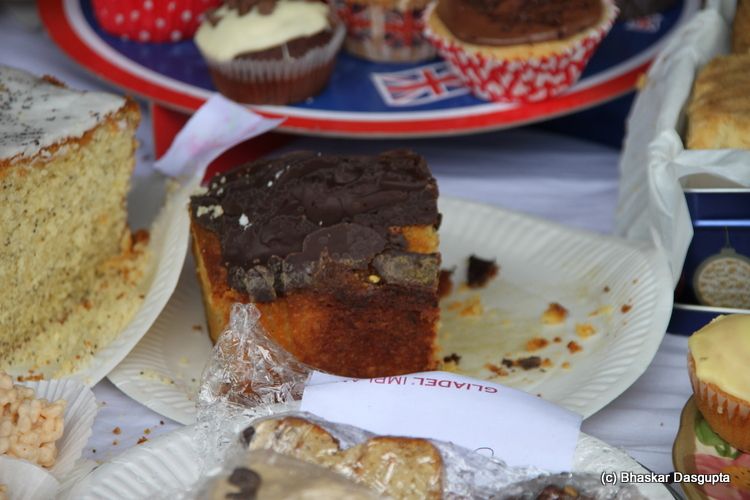
A most extraordinary set of delicious cakes and muffins and and and..beautiful.
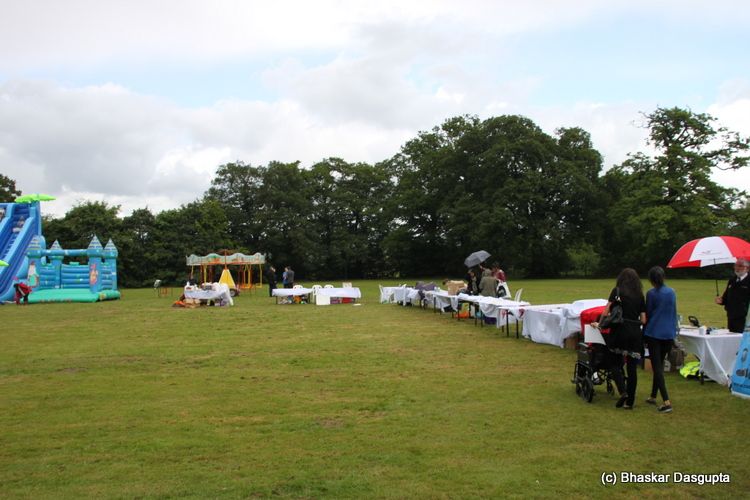
Unfortunately, the rain came down again..

People sheltering under the marquee on the left..but the rain then went away..to Spain's plains presumably…
Then we had some kids from a Church group dancing..
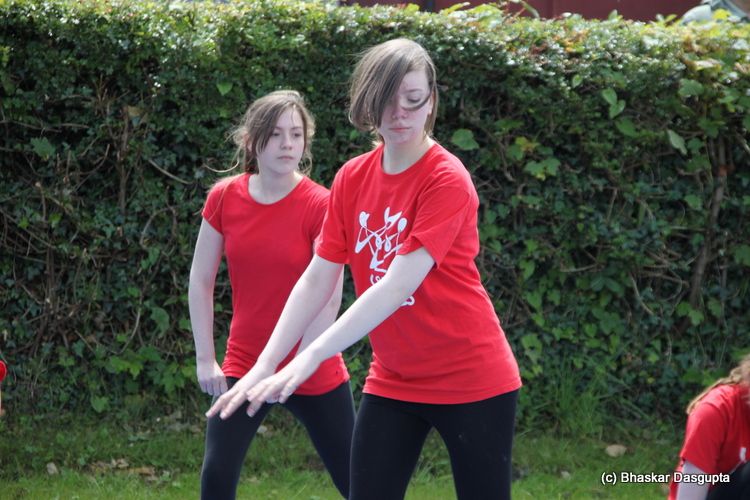

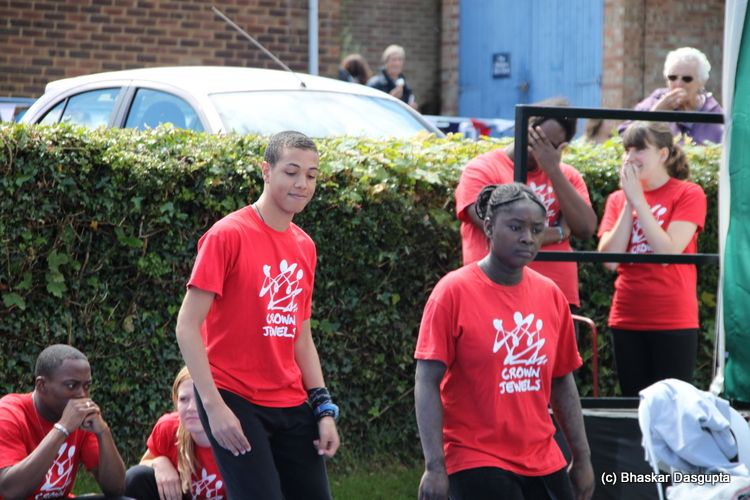

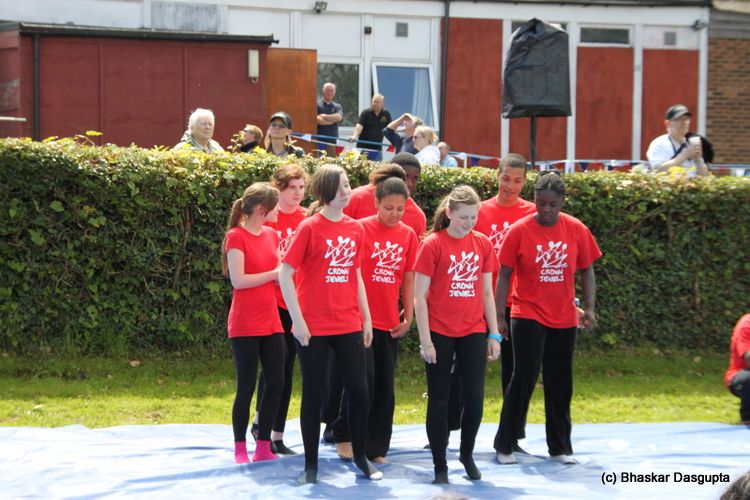
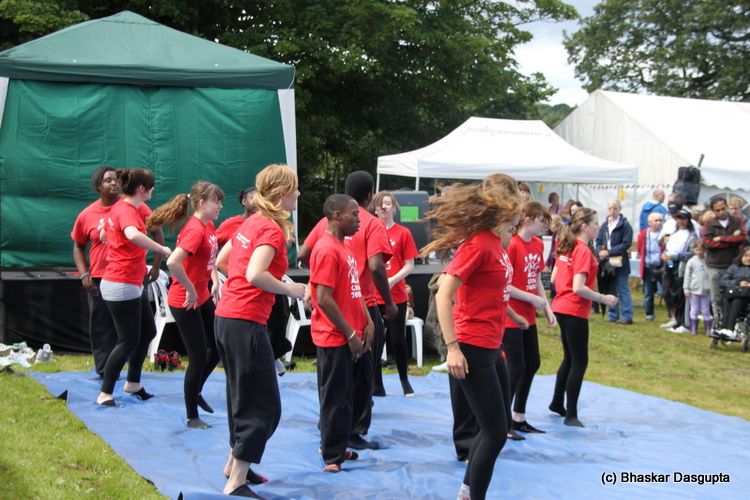
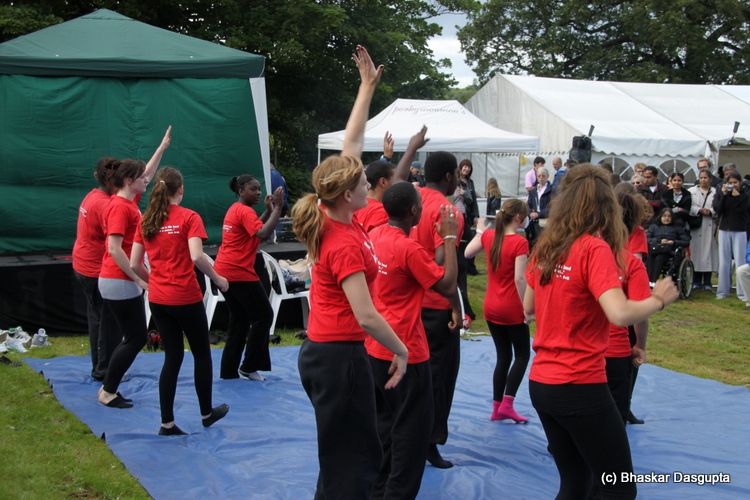
Nice
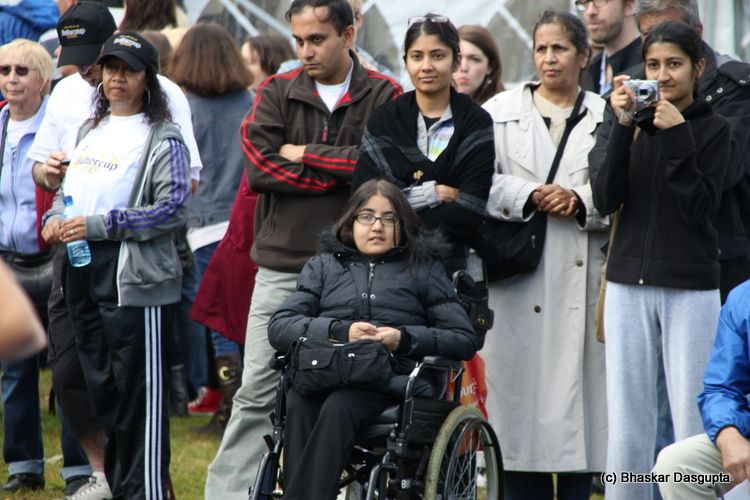
The spectators thought so as well
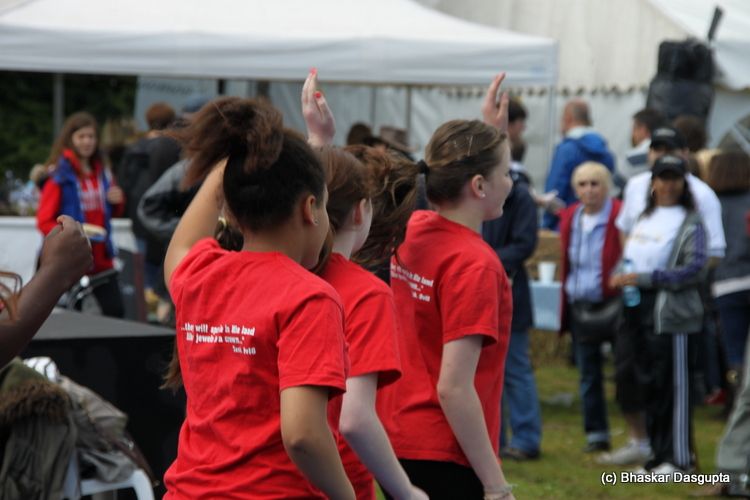

Very nice….taking the final bow.

A stuffed toy shop..

The two girls from St. John’s Ambulance..
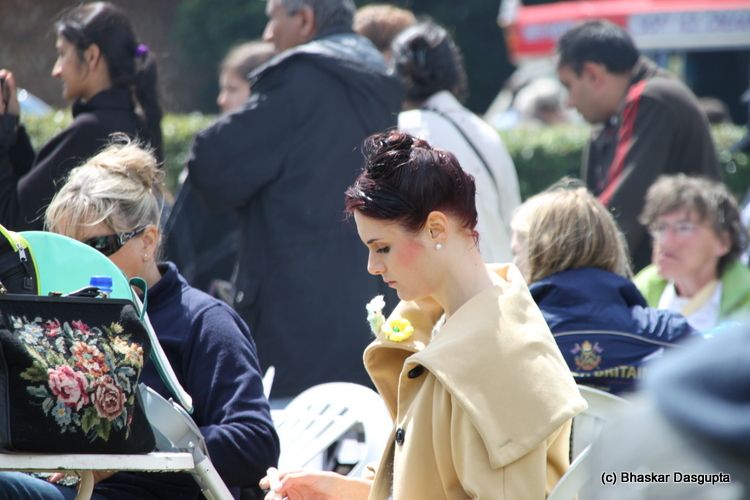
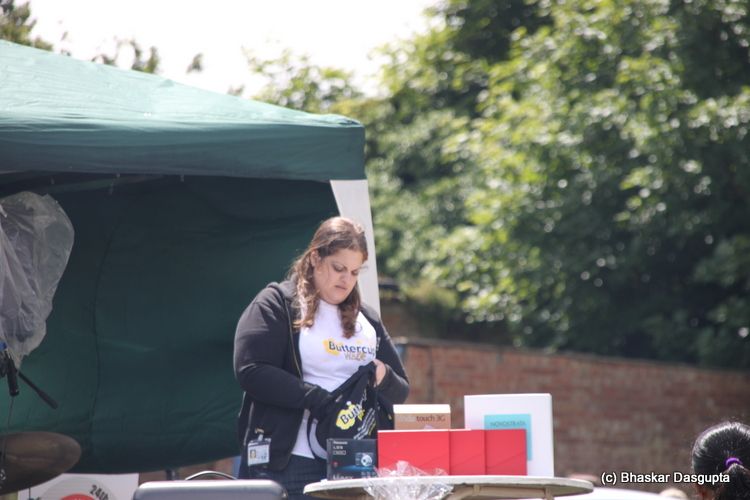


A climbing wall…I think I will avoid this..

I dont want to show my face

Wet hair and chewing on a burger
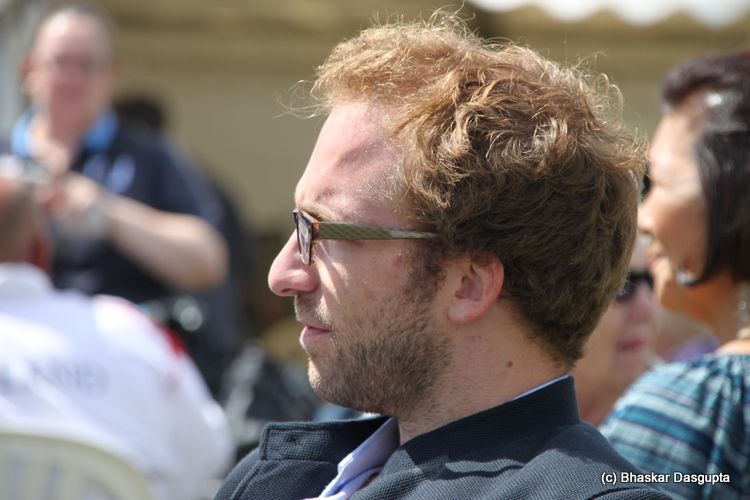

Waiting for food

This burger is good, just smell the smoke
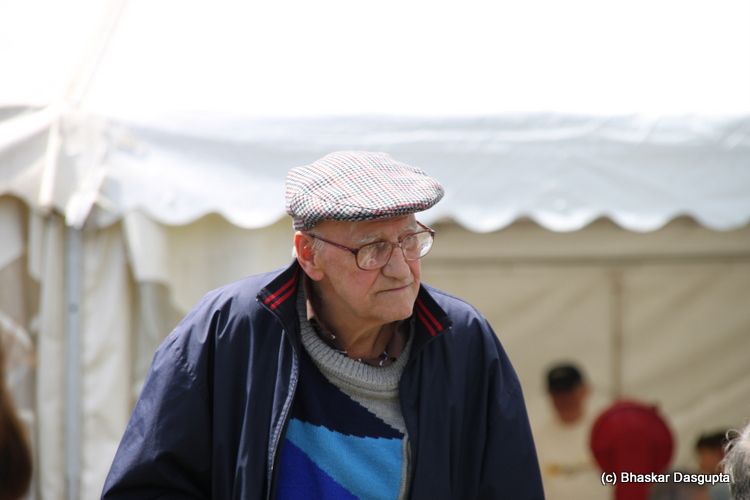
What are they doing?

mmmm, I love icecream

Couldnt take it any more and haired it to the burger stand for a burger and then left..


As I said, it was a lovely day and the grounds have wonderful trees..

Old ancient trees


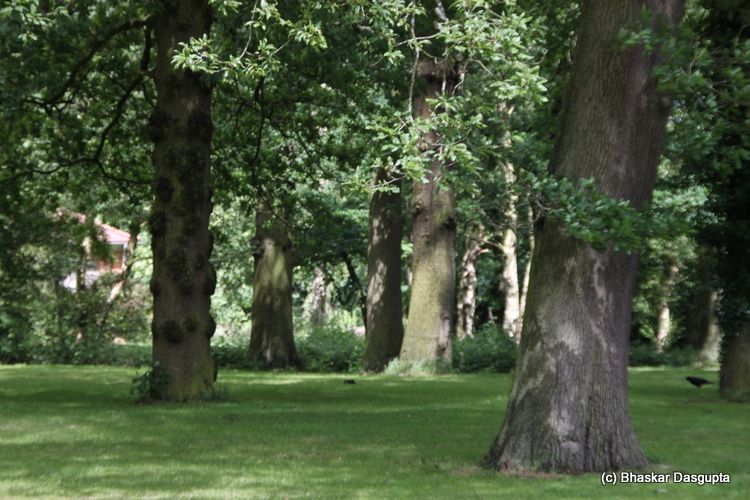
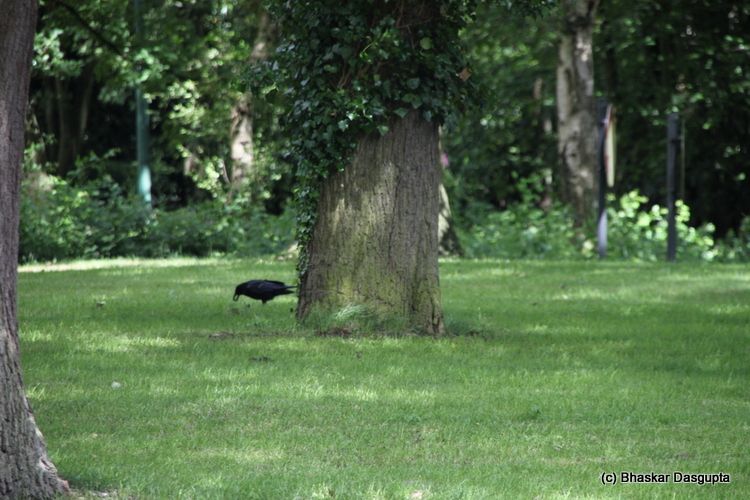
Mr. Crow has found something nice..



Hmmm, an old abandoned building in a hospital, I mean, this is perfect Horror Movie material

A crimson tree

Sunbeammmmmmmssssss

A creeper going up a tree

Another road into the abandoned ward

the sunlight dappled leaves

A calm weeping willow?

An excited weeping willow?

the tree is leaning over…

Some ferns

I think they are weeds…

a container next to where I was parked.
A lovely day out indeed.

 When I started going to Tea Party meetings two years ago, I was sympathetic. Just after
When I started going to Tea Party meetings two years ago, I was sympathetic. Just after 








































































































